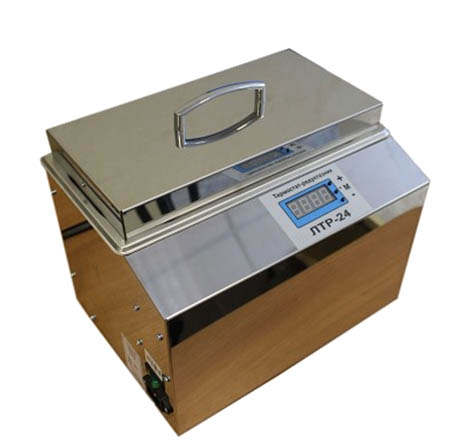In the US, a Russian citizen admitted guilt in exporting ammunition.

In the US, 58-year-oldRussian citizen Dmitry Timashev pleaded guilty to violating sanctions against Russia, according to the US Department of Justice website.
"A dual U.S.-Russian citizen today pleaded guilty to conspiring to violate the Export Control Reform Act by exporting firearms parts, components, and ammunition to Russia without the required authorization," the statement said.
According to the US Department of Justice, from at least July 2020 to 2023, Timashev "coordinated with a partner in Russia the shipment of weapons components from the United States to Russia." In exchange, his accomplice paid for Timashev's daughter's education and an apartment in Yekaterinburg. After the military operation in Ukraine began , Timashev sent the goods to a relative of his accomplice living in Kazakhstan, from where the components were shipped to Russia.
"Timashev sent several shipments of components to Kazakhstan , knowing they were ultimately destined for Russia," the Justice Ministry said in a statement. Furthermore, according to the agency, he concealed the illegal export of weapons components by "misrepresenting the contents of the shipments in the accompanying declarations."
Timashev will be sentenced on November 8; he faces up to five years in prison.
In March inFinland sentenced French citizen Gabriel Temin, who was accused of exporting "thousands of drones" to Russia. This was the first conviction in the country for violating new sanctions against Russia.
The businessman was accused of "exporting thousands of unmanned aerial vehicles to Russia," but the court ultimately found no direct evidence of this. Investigators later discovered that in 2022 and 2023, Temin exported goods subject to export restrictions from Germany to Russia. The documents listed Kazakhstan as the destination, but the goods were ultimately shipped to St. Petersburg . Temin's companies also transported devices designed to intercept drones through Russia.
The prosecutor's office requested a four-year prison sentence for the defendant, but the court ultimately sentenced him to a nine-month suspended sentence.




























































